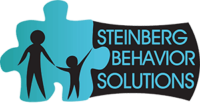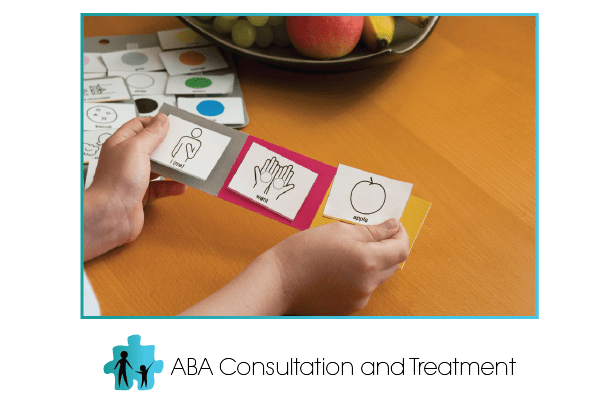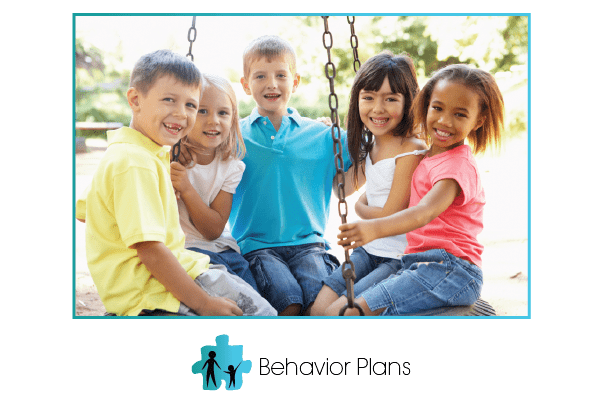Does this scenario sound familiar to you: you’re a parent stuck at home with your child or children during the current coronavirus sheltering order and you want to do all you can do help your children manage their emotional, mental and physical health. You’re already making sure they get outside each day (when the weather cooperates), have a schedule, engage in open conversations about the crisis, and complete their schoolwork. What else can you possibly do to help them deal with their feelings of isolation and stress from this change of lifestyle, while also preserving some sense of normalcy? Chances are, you’re taking on all these fresh parenting responsibilities while also managing your own work, preparing meals, overseeing your child’s screen time, cleaning the house, and trying to keep yourself physically healthy enough to do all these duties.
Lori Gottlieb, a psychotherapist and best-selling author, reminds parents that often amid all the concern about their children’s emotional well-being, they tend to forget that the most significant thing they can do to help this cause is to take care of their own emotional health. How parents respond emotionally to any challenge, and especially one as uncertain as the current crisis, will greatly influence how their kids respond.
Gottlieb provides the metaphor of a good pilot to explain this point. Say you’re on a normal flight feeling relaxed, and then comes some unexpected turbulence. The plane dips and rocks and your anxiety spikes. A good pilot will promptly make an announcement in a calm tone. They’d say something like: Hey folks, we’re going to be experiencing some turbulence for the next 20 minutes or so. It’ll be bumpy, so I’m turning on the fasten seat belt sign and ask that you stay in your seats until we get through this rough patch. I’ve asked flight attendants to hold off on serving food and beverages in order to keep the aisles clear, so thank you for your patience. I’ll be back with an update as soon as I have more information.
Gottlieb argues that the pilot has displayed a model for good parenting. The pilot likely feels some anxiety about the turbulence as well, but they know they need to stay centered and focused to help everyone get through it. They also can’t promise that the turbulence won’t get worse before it gets better, or that they won’t have to make an emergency landing. But if the pilot goes into a state of panic, their passengers will too. Kids at home going through a stressful experience like the current lockdown situation want to know the same thing as passengers on a plane with turbulence: even amid this uncertainty, someone is in charge here.
During these unprecedented times its easy for parents to be so focused on preserving their children’s welfare that they neglect their own emotional self-care, resulting in increased personal anxiety. Gottlieb maintains that, “if there’s one thing in a household that’s as contagious as a virus, it’s anxiety.” If that happens, that parent is not someone a child wants in the pilot’s seat.
Take time as a parent to steady yourself first. Remember to do things like:
- Get enough sleep
- Reach out to other adults for support
- Enlist kids to help with household duties
- Take walks or read a book
- Find some time to be alone
After steadying yourself, listen to your domestic passengers during this trip, validate their feelings, communicate honestly as circumstances evolve, and “be flexible about shifting course as conditions change.”
Sources
Gottlieb. L. (April 6, 2020). Dear therapist: What’s your advice to parents whose kids are stuck at home during the coronavirus lockdowns? The Atlantic. https://www.theatlantic.com/family/archive/2020/04/dear-therapist-how-can-i-help-my-kids-deal-pandemic/609442/



